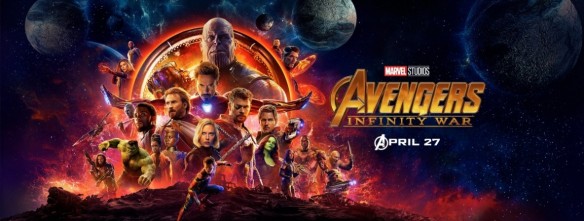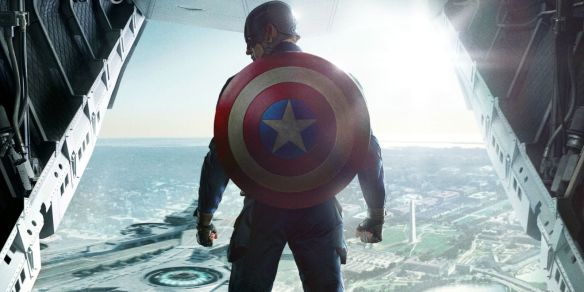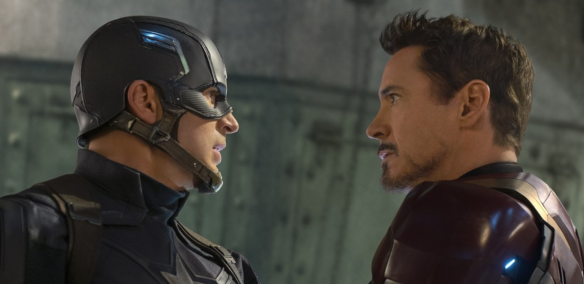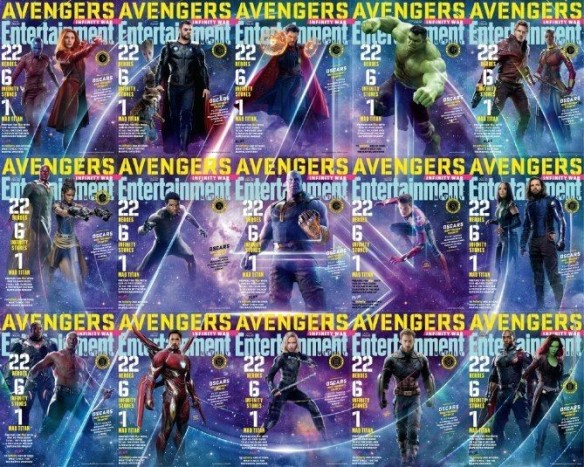If you’re any kind of superhero movie fan, if you are even passingly familiar with the thing called movies, if you have been near a television or the internet recently, then you are probably aware that a movie called Avengers: Infinity War is on the horizon. There’s a clamor of inevitable hype around it—it’s frequently billed as one of the biggest movie events in history—but some of that isn’t actually hyperbole.
Infinity War promises to cap (or perhaps conclude) 10 years of cinematic story-telling in a cohesive franchise of 18 movies. There are other franchises with that many movies—James Bond is the most obvious, but depending upon how you count the original Universal Monsters, that franchise dwarfs most others combined—but none of them are as spectacularly successful, and certainly none have been as deliberately unified. Whatever else it turns out to be, regardless of whether it’s fabulous or a flop, Infinity War is in fact momentous and uniquely ambitious. No one has ever done anything quite like this before. There are good reasons to be excited.

This is official promotional material, the rights to which belong with Marvel, Disney, and probably a complicated throng of other people.
But there are also good reasons to be skeptical. Most of them fit nicely under the heading “Captain America: Civil War.”
“Captain America: Civil War.”
(See what I did there?)
How we judge Civil War will of course depend on our frame of reference. Compared to other action/adventure blockbusters like the Mission Impossible movies, it’s pretty good. Compared to the Transformers movies and anything put out by J. J. Abrams, it’s high art. The bulk of those judgments though are determined by the mediocrity of the comparator films. The outcome isn’t clearly a strong positive statement about Civil War. If you do compare Civil war to a quality film, you get a different result. Compared to Captain America: Winter Soldier for example, the intuitive and most unavoidable comparison, Civil War is lackluster, verging on bad.

Captain America Does Not Approve.
(The rights to this promotional artwork are also Marvel’s and not mine.)
I think the reason is obvious. It committed both too much and too little to the Civil War storyline. It didn’t commit enough to it to do it justice. With no real time to unpack what disagreement could tear the team apart, the conflict felt forced and unearned. Added to an unwillingness to embrace its own stakes then, most of it also felt inconsequential. The “Civil War” became just an excuse to throw a bunch of characters at each other for an (admittedly entertaining) fifteen-minute comedy rumble.
At the same time, the commitment to telling that particular story overshadowed and ultimately displaced the much more poignant conflict the movie already had between Ironman and Captain America. If it hadn’t been committed to adapting Civil War, it could have explored a much better and more meaningful (though less populated) fight.

Again, thanks to Marvel. This is a nice crisp image.
Instead we got a movie which tried to do two things and did both badly. It had too many characters, most of whom were wasted. It had too many responsibilities in the franchise. In the words of countless people to me when I was younger, it was too big for its britches. (For the record, I still am not certain what this means, but one should never squander an opportunity to use the word “britches.”)
Which brings us to Avengers: Infinity War, a movie with more plots, with more characters, with more responsibilities.

No pressure. It just has to justify like a billion magazine covers.
As much as anyone, I hope it’s successful. I’m sure it will be decently enjoyable; the MCU hasn’t really had a flop yet, and like I alluded to above, their bad movies are still better than most of their chief competitors’ ones. However, I think fans have good cause for wariness.
Over the next few days, I hope to unpack most of this further, because I happen to like the craft of cinematic storytelling. If you have questions you’d like me to answer or comments about what I’ve said so far, feel free to chime in below.
Up Next: How to Fix Captain America: Civil War

